Filter by

On Style : An Atelier
Scholarship in medieval studies of the past 20 or so years has offered some provocative experiments in, and elegant exempla of, style. Scholars such as Anne Clark Bartlett, Kathleen Biddick, Catherine Brown, Brantley Bryant, Michael Camille, Jeffrey Jerome Cohen, Carolyn Dinshaw, James Earl, L.O. Aranye Fradenburg, Roberta Frank, Amy Hollywood, Cary Howie, C. Stephen Jaeger, Eileen Joy, Anna Kl…
- Edition
- -
- ISBN/ISSN
- 9780615934020
- Collation
- -
- Series Title
- -
- Call Number
- 700 STY
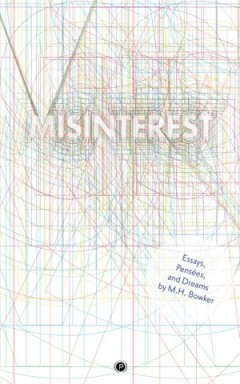
Misinterest : Essays, Pensées, and Dreams
"The term “interest” lacks a precise antonym. In English, we have “disinterested” and “uninteresting,” but we want for a term that denotes robust opposition to interest. The same appears to hold true in every other language (as far as we know). Interest’s missing antonym reflects not merely a widespread lexical oversight, but a misrecognition of interest’s complete and exact mea…
- Edition
- -
- ISBN/ISSN
- 9781950192298
- Collation
- -
- Series Title
- -
- Call Number
- 800 BOW m
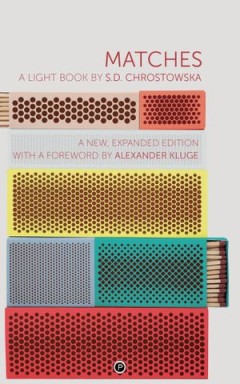
Matches : a Light Book
Through the prism of criticism, the modalities of thinking form a spectrum: on one end, systematic exposition, on the other, the fragment. It is the latter, fragmentary approach that distinguishes Matches—an investigation that does not focus on a single theme developed in all its aspects but, rather, on a constellation of themes in art, literature, philosophy, science, social and political th…
- Edition
- -
- ISBN/ISSN
- 9781950192212
- Collation
- -
- Series Title
- -
- Call Number
- 800 CHR m
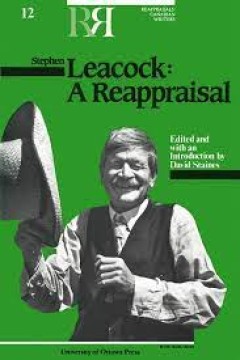
Stephen Leacock : A Reappraisal
“Personally,” Stephen Leacock declared in his preface toSunshine Sketches of a Little Town(1912), “I would sooner have writtenAlice in Wonderlandthan the wholeEncyclopedia Britannica.” Yet the worlds represented byAliceand theEncyclopedia, seemingly light years apart, are central to an understanding, appreciation, and assessment of the many worlds that commanded the attention of Stephen…
- Edition
- -
- ISBN/ISSN
- 9780776601809
- Collation
- 184 halaman
- Series Title
- Reappraisals: Canadian Writers
- Call Number
- 800 STA s
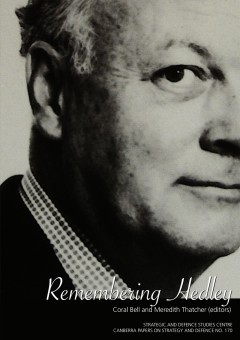
Remembering Hedley
Remembering Hedley commemorates the life of Hedley Bull (1932–85), a pivotal figure in the fields of international relations and strategic studies. Its publication coincides with the official opening on 6 August 2008 of the Hedley Bull Centre at The Australian National University in Canberra.
- Edition
- -
- ISBN/ISSN
- 9781921536076
- Collation
- -
- Series Title
- -
- Call Number
- 900 REM
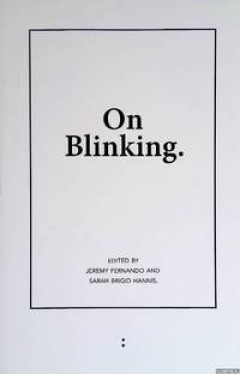
On Blinking
On Blinking opens a dossier on seeing. It looks not only to the epistemological sense of what it means to see or the hermeneutical sense of what is the meaning of that which is seen but attends to various sites of knowledge – photography, literature, and philosophy. And in doing so, it questions the privileging of presence and sight in Western thought. Thus, this book, through the essays – …
- Edition
- -
- ISBN/ISSN
- 9789081709163
- Collation
- 174
- Series Title
- -
- Call Number
- Literary essays
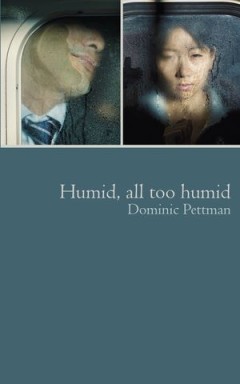
Humid, All Too Humid : Overheated Observations
I haven’t made a single mistake in my life. I’ve just made a lot of good decisions that went really badly. Try as we might, we simply can’t imagine what our world would now look like, had our forefathers decided to use asparagus instead of electricity. In Humid, All Too Humid, social commentator Dominic Pettman curates the overheated thoughts of his own feverish mind, in response to a wor…
- Edition
- -
- ISBN/ISSN
- 9780692650141
- Collation
- 182
- Series Title
- -
- Call Number
- 800 PT h
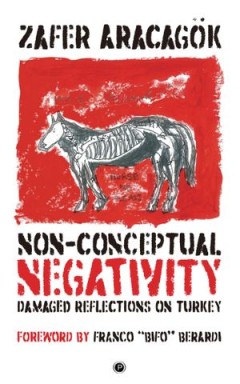
Non-Conceptual Negativity: Damaged Reflections On Turkey
Non-Conceptual Negativity: Damaged Reflections on Turkey critiques those who have accused Deleuze of an unbounded affirmation which, according to them, has played directly into the hands of capitalist modes of production. Yet no one has acknowledged that under the aegis of nano-fascism, late capitalism has grown into Neanderthal capitalism, invented and developed in laboratory countries like Tu…
- Edition
- -
- ISBN/ISSN
- 9781950192038
- Collation
- -
- Series Title
- -
- Call Number
- 330 ARA n
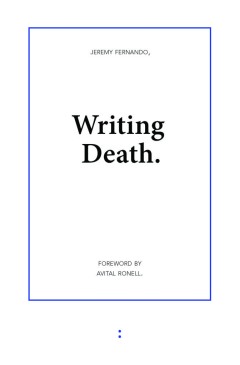
Writing Death
Writing Death opens a meditation on the possibility of mourning; of whether there is a subject, or even object, that one mourns—of whether one is mourning, can only mourn, the very impossibility of mourning itself. The manuscript is framed by two attempts at mourning—Avital Ronell’s “The Tactlessness of an Unending Fadeout” and Jeremy Fernando’s “adieu.” In-between—for this is…
- Edition
- -
- ISBN/ISSN
- 9789081709101
- Collation
- -
- Series Title
- -
- Call Number
- 080 FER w
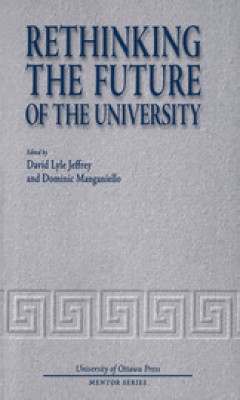
Rethinking the Future of the University
This distinguished collection of essays, edited under the direction of David Lyle Jeffrey and Dominic Manganiello, emerged from the discussions that surrounded the 1995-1996 McMartin Lectures. Dedicated to studying the relationship and contributions of historic Christian thought to the intellectual life of university disciplines, this series of lectures served as an occasion for scholars to ret…
- Edition
- -
- ISBN/ISSN
- 9780776604817
- Collation
- -
- Series Title
- -
- Call Number
- 375 JEF r
 Computer Science, Information & General Works
Computer Science, Information & General Works  Philosophy & Psychology
Philosophy & Psychology  Religion
Religion  Social Sciences
Social Sciences  Language
Language  Pure Science
Pure Science  Applied Sciences
Applied Sciences  Art & Recreation
Art & Recreation  Literature
Literature  History & Geography
History & Geography